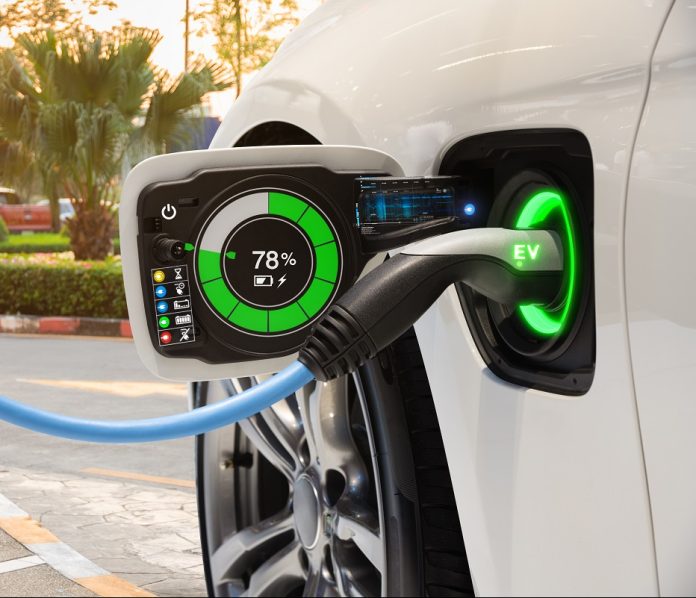A novel electric vehicle battery design has enabled a 10-minute charge time for a typical EV battery. According to Science Daily, the record-breaking combination of a shorter charge time and more energy acquired for longer travel range was announced on 12 October in the journal.
Professor of Mechanical Engineering at Penn State and lead author on the study, Chao-Yang Wang, said that there is a great need for smaller, faster-charging batteries and that there are not enough batteries and essential raw materials to meet anticipated demand.
Wang explained that if new car sales are going to shift to battery-powered electric vehicles (EVs), they are required to overcome two major drawbacks: the vehicles are too slow to recharge and too large to be efficient and affordable. Instead of taking a few minutes at the gas pump, depending on the battery, some EVs can take all day to recharge.
“Our fast-charging technology works for most energy-dense batteries and will open a new possibility to downsize electric vehicle batteries from 150 to 50 kWh without causing drivers to feel range anxiety,” said Wang. “The smaller, faster-charging batteries will dramatically cut down battery cost and usage of critical raw materials such as cobalt, graphite and lithium, enabling mass adoption of affordable electric cars.” He added that the technology relies on internal thermal modulation, an active method of temperature control to demand the best performance possible from the battery.
The research team decided to regulate the temperature from inside the battery and developed a new battery structure that adds an ultrathin nickel foil as the fourth component, which acts as a stimulus that self-regulates the battery’s temperature and reactivity, allowing for 10-minute fast charging on any EV battery. According to them, since there are not enough raw minerals for every internal combustion engine car to be replaced by a 150 kWh-equipped EV, fast charging is imperative for EVs to go mainstream.
EC Power, the study’s partner, is in the process of manufacturing and commercializing the fast-charging battery for an affordable and sustainable future of vehicle electrification. The coauthors on the study are Teng Liu, Xiao-Guang Yang, Shanhai Ge and Yongjun Leng of Penn State, as well as Nathaniel Stanley, Eric Rountree and Brian McCarthy of EC Power. The research work was supported by the U.S. Department of Energy, the U.S. Department of Defense, the U.S. Air Force and the William E. Diefenderfer Endowment. (Penn State)

















